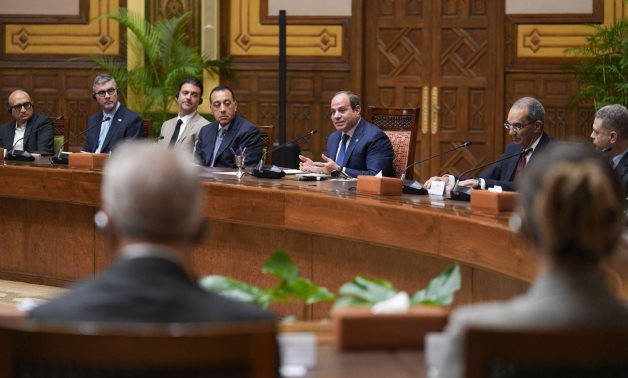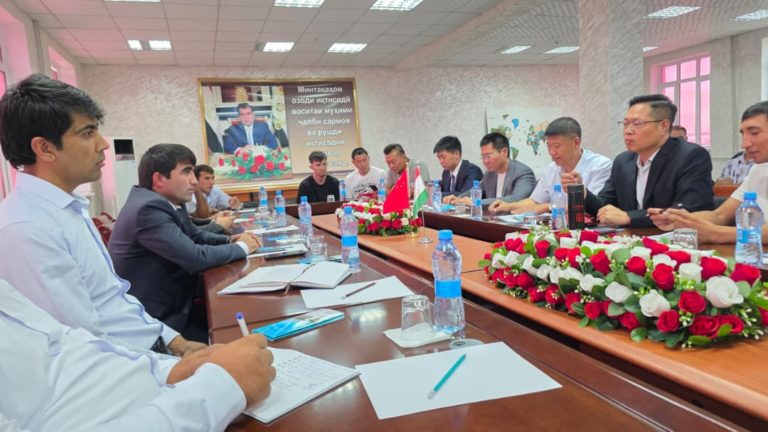Copyright egypttoday

CAIRO - 11 November 2025: President Abdel Fattah El-Sisi met with senior executives from 52 leading Egyptian and international ICT outsourcing companies during the Global Outsourcing Industry Summit in Cairo. The meeting took place one day after 55 agreements were signed to generate 75,000 new jobs over the next three years. Presidential Spokesman Mohamed El-Shennawy confirmed that President El-Sisi welcomed the company delegations and expressed appreciation for their confidence in Egypt’s ICT sector, as reflected in the new investment commitments. During the meeting, the President emphasized that hosting the summit reinforces international confidence in Egypt’s capabilities and strengthens the country’s position as a competitive global outsourcing destination. He noted that Egypt is advancing a national digital transformation strategy aimed at shifting the sector from a service-oriented role to a productive, export-driven industry that supports sustainable economic growth and job creation. El-Sisi highlighted the central role of human capital development. He explained that the state continues to expand advanced training programs in cooperation with global universities and institutions to cultivate a highly skilled technology workforce. He also noted progress in integrating digital education into academic systems, enabling Egypt to train and employ increasing numbers of ICT professionals. Executives expressed their interest in expanding operations in Egypt and praised the supportive business environment. The President reaffirmed Egypt’s ongoing commitment to facilitating foreign investment and removing obstacles, stressing that Egypt’s stability remains a key factor encouraging investor confidence. Minister of Communications and Information Technology Amr Talaat stated that the ICT sector has become the fourth strategic growth pillar of Egypt’s economy, alongside industry, agriculture, and tourism. He noted that outsourcing plays a central role in increasing productivity and export value, and that Egypt aims to quadruple both its ICT workforce and its digital export volume. Talaat highlighted that the number of government-supported trainees has increased from 4,000 annually eight years ago to approximately 800,000 per year today under the Digital Capacity-Building Strategy. Training is delivered through 24 Digital Egypt Innovation Centers across the country and online educational platforms. The Presidential Digital Pioneers Initiative also provides fully funded scholarships to more than 10,000 young people each year. By the end of 2024, around 60,000 new ICT specialists had joined the workforce, while Egypt’s digital outsourcing exports doubled (a one-hundred percent increase) between 2022 and 2024. The sector is now growing at between fourteen and sixteen percent annually, raising its share of national GDP from three-point-two percent in 2018 to six percent by 2025. Egypt also continues to rank as the fastest fixed-internet country in Africa for the fifth year in a row, while Cairo remains among the world’s leading cities for innovation and digital entrepreneurship.



